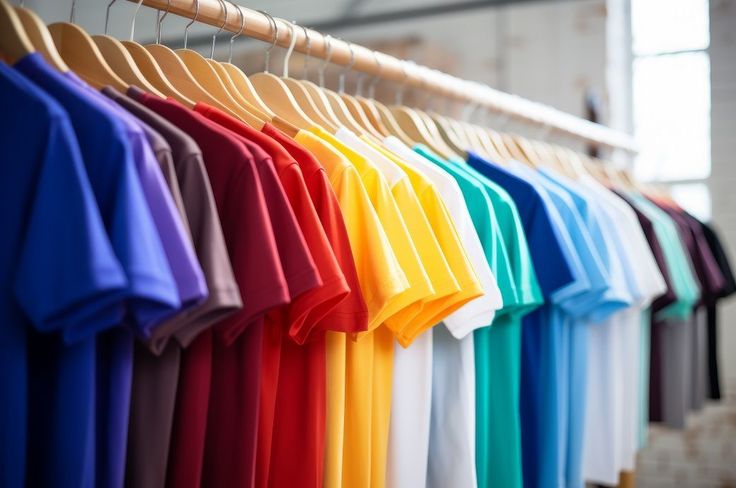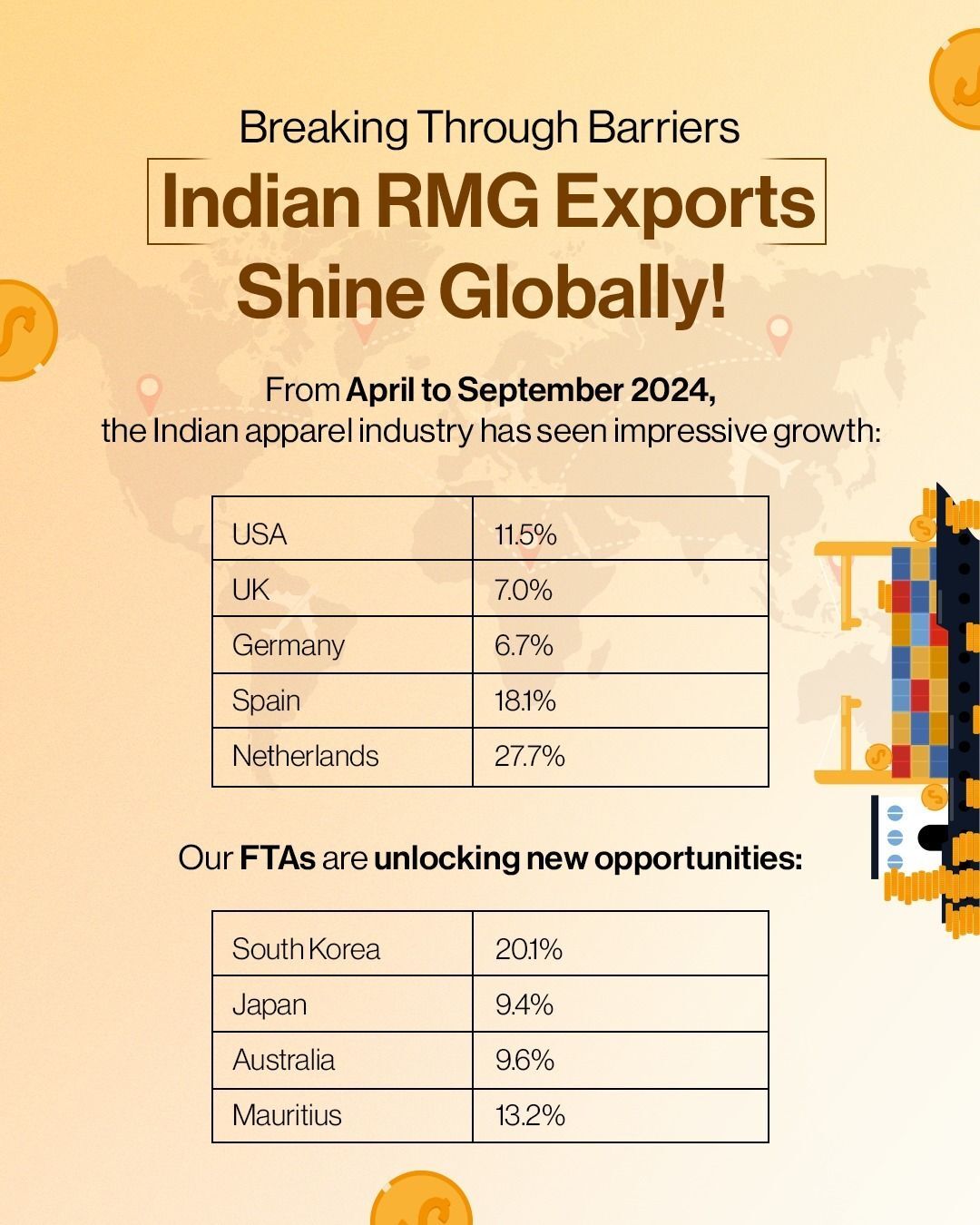Brands like Lenzing and Eileen Fisher are working toward goals like zero waste, clean water and sanitation. Lenzing’s goal by 2030 is to reduce emissions by 50 per cent and to be net zero by 2050. The company works with retailers and brands to support their own sustainability goals and educate consumers about them. Fiber producer Lenzing is the maker of Tencel. Eileen Fisher’s vision includes supply chain transparency, supporting regenerative agriculture and circularity. Consumers can bring used clothing to an Eileen Fisher store where it is cleaned and resold at lower prices if it is in good condition, chopped up and recycled, or used in wall installations. Eileen Fisher is a women’s clothing retailer.
Ambitious sustainability goals in the textile industry are being reached through partnerships between retailers, suppliers and other stakeholders. Because not every company can afford to maintain a large sustainability department, a way out is for companies – and competitors – to work together. In November 2018, a signed UN charter detailed how the fashion industry, whose practices have been criticized as environmentally detrimental, can reduce emissions by 30 per cent by 2030. The fashion industry sees it as an obligation, after inspiring consumer consumption, to now encourage consumers to reuse and recycle, in that order.
Brands working on zero waste and clean water
- 1
- 2
- 3
- 4
- 5
- 6
- 7
- 8
- 9
- 10
US, EU consumer confidence boosts apparel sales as India's exports rise: Wazir A…
The US and EU continued strong apparel import growth in September. It went up 9 per cent and 13 per... Read more
Is China's losing its grip on global textile & apparel imports?
For decades, China reigned supreme as the world's leading textile and apparel (T&A) manufacturer and exporter. Its dominance in the... Read more
Tariff Troubles: How US apparel prices are feeling the pinch
The escalating trade war and resulting tariffs are taking a toll on the US apparel industry, driving up prices for... Read more
Indian textile companies report mixed Q2 results, but long-term outlook remains …
India’s textile industry players recently announced their Q2 FY25 results and the performances were mixed. While some companies exceeded expectations,... Read more
Indian apparel exports break barriers
The Indian apparel industry has been making significant strides in the global market, with impressive growth recorded from April to... Read more
China's losing grip on US garment market has gains for competing countries
China's dominance in the US garment import market is waning. After reaching a peak around 2010, its market share, both... Read more
The Secondhand Shift: Economic concerns, evolving values reshaping American shop…
Drop in H&M's US sales that has almost 500 stores across the country, is not an isolated incident. The retail... Read more
Wardrobes bursting, wallets empty, the global crisis of unworn clothes
A new wave of research is exposing a stark reality: our wardrobes are overflowing with unworn clothes, a testament to... Read more
Textile and apparel exports surge in October 2024:CITI
India's textile and apparel (T&A) exports registered a remarkable growth of 19.93% in October 2024, reaching US$ 3.06 billion compared... Read more
Zara Weaves a Sustainable Future: Inditex's ambitious push for innovation
Zara, the flagship brand of Spanish fashion giant Inditex, is making significant strides in sustainability and innovation, aiming to lessen... Read more












